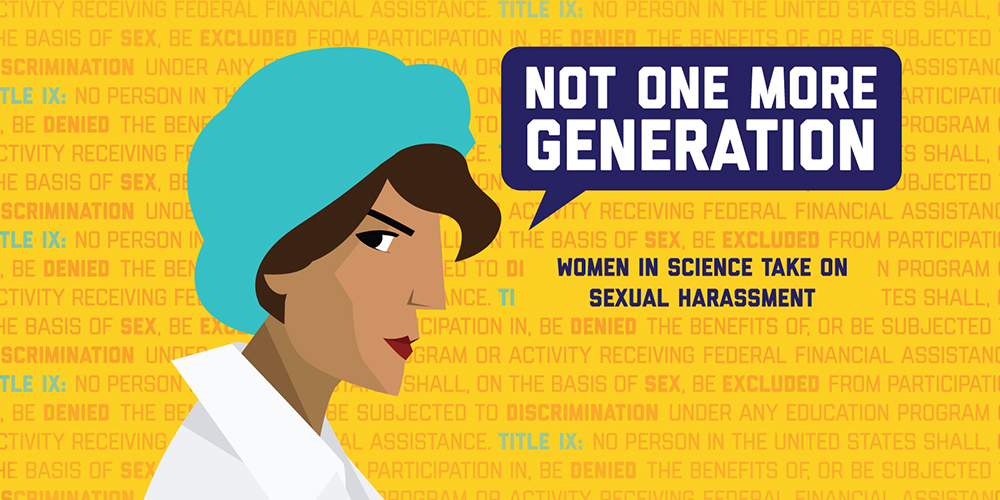
# AAAS Leadership Raises Alarm Over Scientific Threats Under Trump Administration
The leadership of the **American Association for the Advancement of Science (AAAS)**, recognized as the largest multidisciplinary science organization globally, has expressed serious concerns regarding the potential repercussions of the Trump administration’s policies on science and research. At the **AAAS annual meeting in Boston on 13 February**, prominent officials cautioned about unparalleled challenges confronting the scientific community due to executive directives, budget reductions, and the appointment of anti-science individuals to crucial government roles.
## Scientists Confront an Uncertain Horizon
Addressing a crowded exhibition hall, **AAAS board chair Joe Francisco** shared the prevailing anxiety within the scientific community. **”The extraordinary events of recent weeks have left many of us in the science and engineering sectors feeling uncertain, anxious, and afraid,”** he remarked. While recognizing the significance of collaboration among scientists, **Francisco emphasized that unity by itself is insufficient** to combat the ongoing threats to scientific advancement.
This urgency arises from **executive actions initiated by President Donald Trump** following his inauguration on 20 January. Reports indicate that **key research institutions, including the National Science Foundation (NSF) and the National Institutes of Health (NIH), may encounter severe budget reductions**, placing thousands of researchers and scientists in a vulnerable situation. Proposals from the White House are anticipated to substantially **lower federal funding for scientific endeavors**, potentially hindering essential progress.
## A Direct Confrontation to Facts and Truth
AAAS **Chief Executive Sudip Parikh** echoed these apprehensions, characterizing the moment as a **”time of upheaval”** for science in the US. **”Science, engineering, and medicine are pursuits of truth and factual evidence,”** Parikh articulated, **alerting that impartial scientific research is at risk**.
Critique was particularly directed at **Robert F. Kennedy Jr., who was appointed as the new Secretary of Health and Human Services (HHS)** merely a day prior to the AAAS gathering. Kennedy, notorious for his **anti-vaccine activism and propagation of conspiracy theories**, now leads a department responsible for crucial science agencies such as the NIH.
Parikh was forthright: **”Let me be clear: Robert F. Kennedy Jr. is not the right individual to head the HHS,”** he proclaimed, eliciting robust applause from the audience. **”Addressing diseases, providing cures, and managing public health demands a quest for truth – it demands science.”**
## Imminent Budget Conflicts and Risk of Government Shutdown
Another pivotal issue is **the approaching deadline for the federal budget**, which could have significant repercussions for scientific research and financial support. Congress has until **14 March to approve a spending bill for fiscal year 2025** and avert a government shutdown. **Parikh cautioned that the ensuing month might be one of the most critical phases in the chronicles of US science and technology**.
**“Other consequences are forthcoming,”** Parikh forecasted, encouraging the scientific sector to **remain united as they navigate what is likely to be a challenging time**. Deductions in scientific funding and alterations in regulation could profoundly influence **health, climate, and technology studies for years ahead**.
## Advocating for Resilience Amidst Political Struggles
AAAS President **Willie May**, a PhD chemist and past director of the National Institute of Standards and Technology (NIST), urged for perseverance and resilience. **”While some of the initial actions from this new administration may be unsettling, worrisome, and alarming, it is quite premature to ascertain how they might be clarified, modified, enacted, or even overturned,”** May noted. Nevertheless, he acknowledged that the ambiguity and political discourse are already inflicting a harmful psychological impact on the scientific community.
May stressed that **scientists should prioritize long-term resilience rather than getting distracted by immediate political issues**. While recognizing that there are **valid reasons for concern**, he encouraged AAAS members to focus on **promoting science and technology despite the prevailing political chaos**.
## Science Under Siege – What Lies Ahead?
The concerns articulated at the **AAAS annual meeting reflect an increasing rift between the Trump administration and the scientific community**. With **prospective budget cuts, antagonistic policies, and contentious appointments**, the trajectory of US science remains precarious.
In the upcoming months, **scientists, researchers, and advocates will need to rally to safeguard evidence-based policymaking, funding for innovation, and public confidence in science**. The **AAAS leadership has pledged to remain steadfast**, yet their cautions act as a clarion call for all who defend research, medicine, and technology.
As the landscape of American science transforms, **the response from the scientific community will be crucial in determining the future of research and innovation in the United States**.